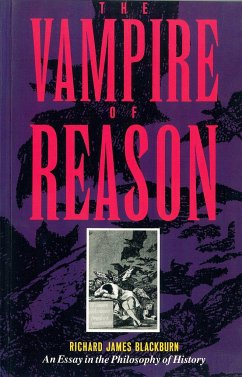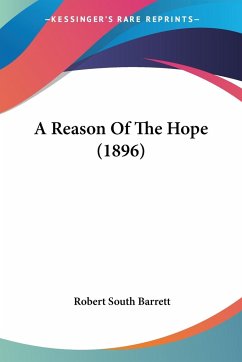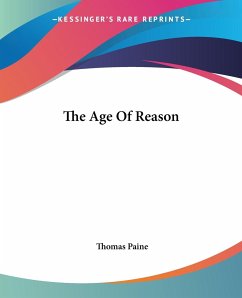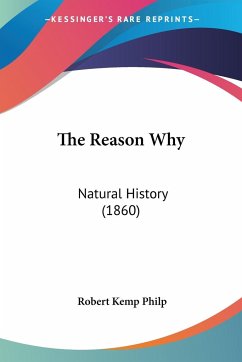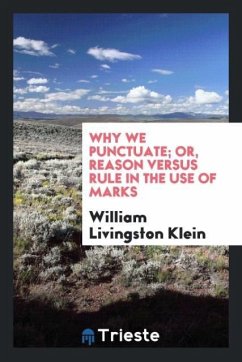Western philosophies of history commonly regard nature as a mere arena in which human beings suffer, labour and create. In this lucid and clearly written contribution to the subject, Blackburn argues that such a narrow perspective must be transcended. Nature is not simply a backdrop for human actors, but is itself an active force which created and perpetually consumes the human species. It is the very reason why human beings perpetually recreate and destroy one another. Drawing on a wide range of disciplines—from the natural science of Darwin and Prigogine to the social theories of the fourteenth-century Arab historian Ibn Khaldun and the cosmic speculations of the Vedas—Blackburn explores the dialectic of creation, preservation and destruction underlying human history. He recounts how this conflict is manifested through religion and war, pollution and plagues. European feudalism is analysed as a means of preventing Europe’s destruction by Moors, Magyars and Vikings; the Chinese empire of contending with ecological catastrophe and barbarian invasion. To conquer or be conquered; to develop or be destroyed by nature: these are predicaments set by the Vampire of Reason. Hegel’s idea of a Cunning of Reason guiding history is belied, yet partly vindicated by nature; a hidden hand unfolds, not only in the capitalist marketplace but in a Darwinian struggle for social existence accelerating human history.
Hinweis: Dieser Artikel kann nur an eine deutsche Lieferadresse ausgeliefert werden.
Hinweis: Dieser Artikel kann nur an eine deutsche Lieferadresse ausgeliefert werden.

